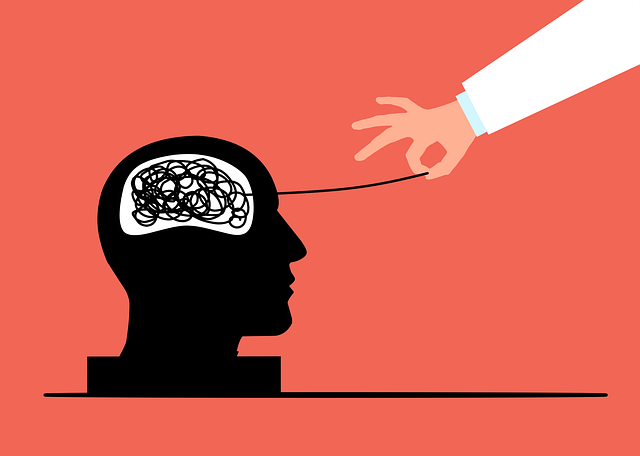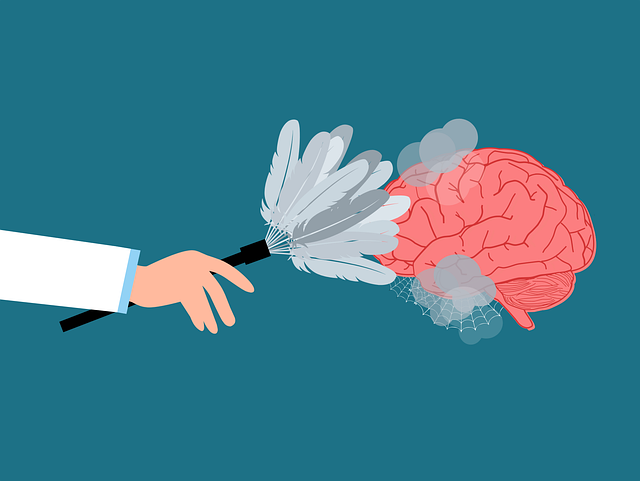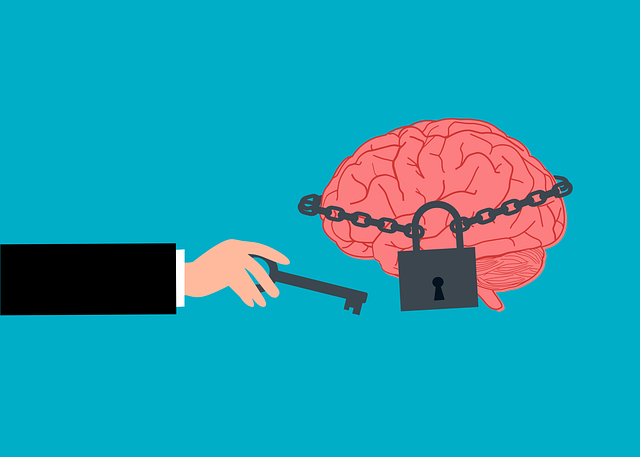Burnout is a significant concern for healthcare providers, driven by workload, long hours, and emotional demands. Early recognition of symptoms is key to prevention. In today's digital age, Online Therapy platforms offer accessible tools for stress reduction, mental health advocacy, and proactive well-being management, particularly for children. These virtual platforms enhance accessibility to mental health support, foster secure connections, and provide positive outcomes tailored to individual needs, addressing a critical issue often overlooked in younger populations. Organizations can further promote mental wellness through initiatives like online therapy, dedicated education programs, workshops on coping mechanisms, mindfulness, and journaling as therapeutic exercises.
Healthcare provider burnout is a growing concern, but preventative measures can foster resilience. This article explores vital strategies to combat burnout among healthcare workers, focusing on early recognition of symptoms and triggers. We delve into the role of online therapy as an accessible tool for mental health support, especially catering to children. Additionally, we present comprehensive approaches aimed at building resilience and promoting well-being in this essential sector. By implementing these strategies, we can create a more sustainable and supportive healthcare environment.
- Recognizing Burnout Early On: Symptoms and Triggers in Healthcare Providers
- Online Therapy as a Tool for Burnout Prevention: Reaching Children Where They Are
- Additional Strategies for Building Resilience and Promoting Well-being Among Healthcare Workers
Recognizing Burnout Early On: Symptoms and Triggers in Healthcare Providers

Burnout is a significant concern among healthcare providers, impacting their well-being and patient care. Recognizing the signs early is crucial for effective burnout prevention. Healthcare professionals may experience increased stress and subsequent burnout when dealing with high workloads, long hours, emotional demands, and a lack of control over their work environment.
Symptoms can range from physical exhaustion, insomnia, and irritability to emotional detachment and decreased job satisfaction. Triggers often include heavy caseloads, demanding patients or families, limited resources, poor communication, and a disconnect between personal values and professional duties. For healthcare providers working with children, online therapy platforms can offer an additional layer of support. These tools provide accessible stress reduction methods and mental health policy analysis and advocacy, enabling professionals to address their well-being proactively and potentially mitigate burnout risks.
Online Therapy as a Tool for Burnout Prevention: Reaching Children Where They Are

In today’s digital era, online therapy has emerged as a powerful tool for burnout prevention among children. This innovative approach allows healthcare providers to reach young individuals where they are most comfortable—on screen. By offering Therapy for Children Online, mental health professionals can break down barriers and make much-needed services more accessible. This is particularly beneficial in addressing burnout, which can often go unnoticed or unaddressed in younger populations.
Integrating cultural sensitivity in mental healthcare practice is crucial when delivering online therapy. Trauma support services tailored to diverse backgrounds ensure that children from various ethnicities, cultures, and experiences feel seen and heard. Empathy building strategies, enhanced by virtual platforms, foster secure connections between therapists and clients. This personalized approach not only prevents burnout but also promotes positive mental health outcomes for children engaging in online therapy sessions.
Additional Strategies for Building Resilience and Promoting Well-being Among Healthcare Workers

In addition to workload management and work-life balance strategies, healthcare organizations can implement several initiatives focused on building resilience and promoting mental wellness among their workforce. Online therapy platforms have emerged as valuable tools, providing easy access to counseling services for both individual providers and children facing stress or trauma related to their work environments. These digital solutions offer flexibility, allowing healthcare workers to integrate therapy into their schedules at their convenience.
Mental health education programs designed specifically for healthcare professionals can also play a pivotal role in fostering resilience. Workshops focused on coping mechanisms, stress management techniques, and mindfulness practices can empower employees with tools to maintain mental wellness. Encouraging journaling as a mental wellness exercise has shown promise in helping providers process emotions, reflect on experiences, and cultivate self-awareness—all of which contribute to long-term resilience against burnout.
Healthcare provider burnout is a growing concern, but by recognizing symptoms early and implementing effective prevention strategies, we can foster resilience. Online therapy emerges as a powerful tool, particularly for reaching children and addressing their mental health needs. Additionally, promoting well-being through mindfulness, self-care, and supportive work environments is essential. By combining these approaches, including the integration of online therapy services, healthcare organizations can better support their workforce and ensure long-term sustainability.












